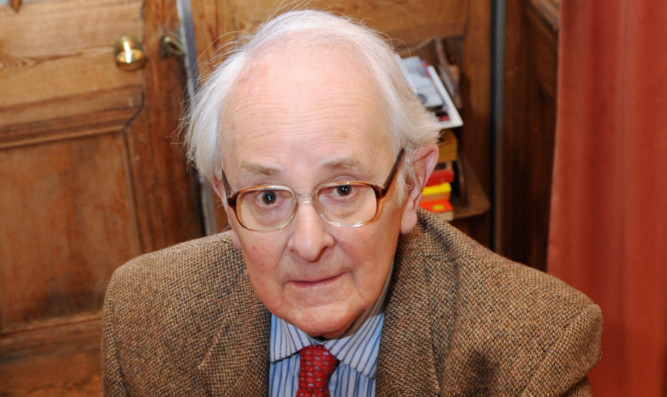Peter JM McEwan, of the McEwan Gallery at Ballater, had an intense curiosity for everything from duck-rearing and dog-walking to rally driving and academia.
He was born in London in 1924 and was the only child of James and Violet McEwan. After attending The Hall, a preparatory school in north London, and Highgate School in 1938, he studied psychology and sociology at Edinburgh University.
He founded the International Journal of Social Science and Medicine which became a leader in its field by successfully bridging the gap between the two disciplines.He edited the publication from his home at Ballater for 23 years.
On August 1 1949, he married Dorothy Turnbull after the pair met at university and together they set up the McEwan Gallery from their home on Deeside. It specialises in mainly Scottish art from the last three centuries.
It was through his work with the gallery at Ballater that Mr McEwan developed a reputation as an antiquarian book dealer with a particular interest in Scottish history and natural history and exploration.
Before setting up the gallery in 1972, the couple spent several years working abroad but always returned to Ballater in between postings.
Mr McEwan worked as a research fellow in Northern Rhodesia, now Zambia, from 1959 until 1962 and was a visiting professor at State University of New York until 1963.
In 1964, he became the director of the family research unit at Harvard University in Boston until returning to the UK in 1967 to become director of the Centre for Social Research at Sussex University.
He founded the biennial International Conference on Medicine and the Social Sciences and was chairman from 1968 until 1996.
He helped found the Sussex Centre for Medical Research at Sussex University in 1970 and established Ethics in Science and Medicine journal in 1974.
Mr McEwan is survived by his wife, his daughter Feona, sons Malcolm and Rhod, and grandsons Stuart and Andrew.
